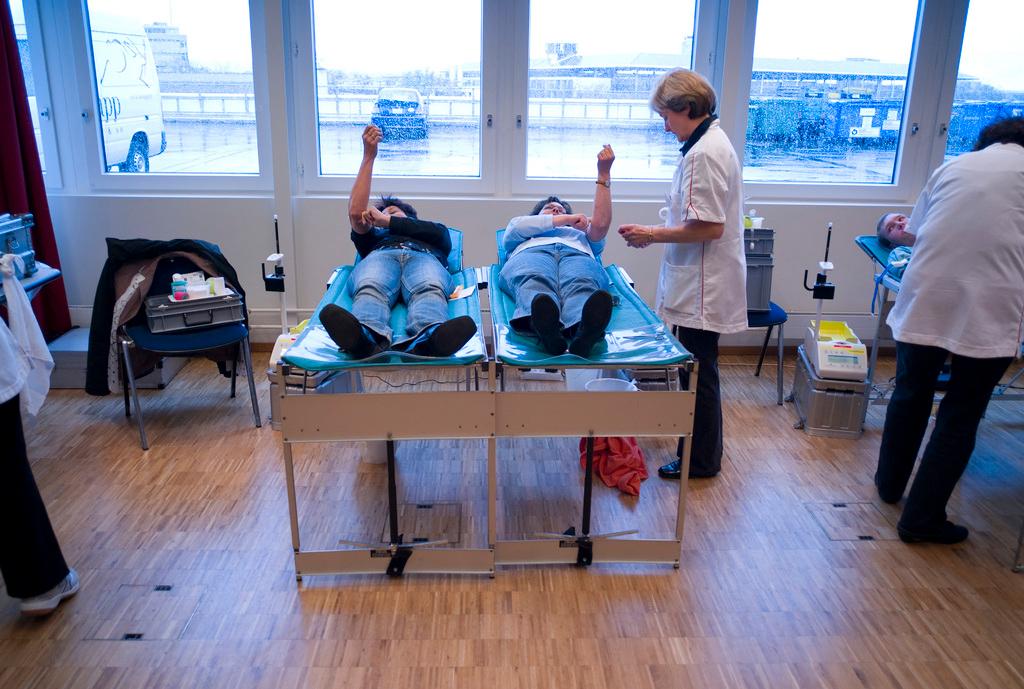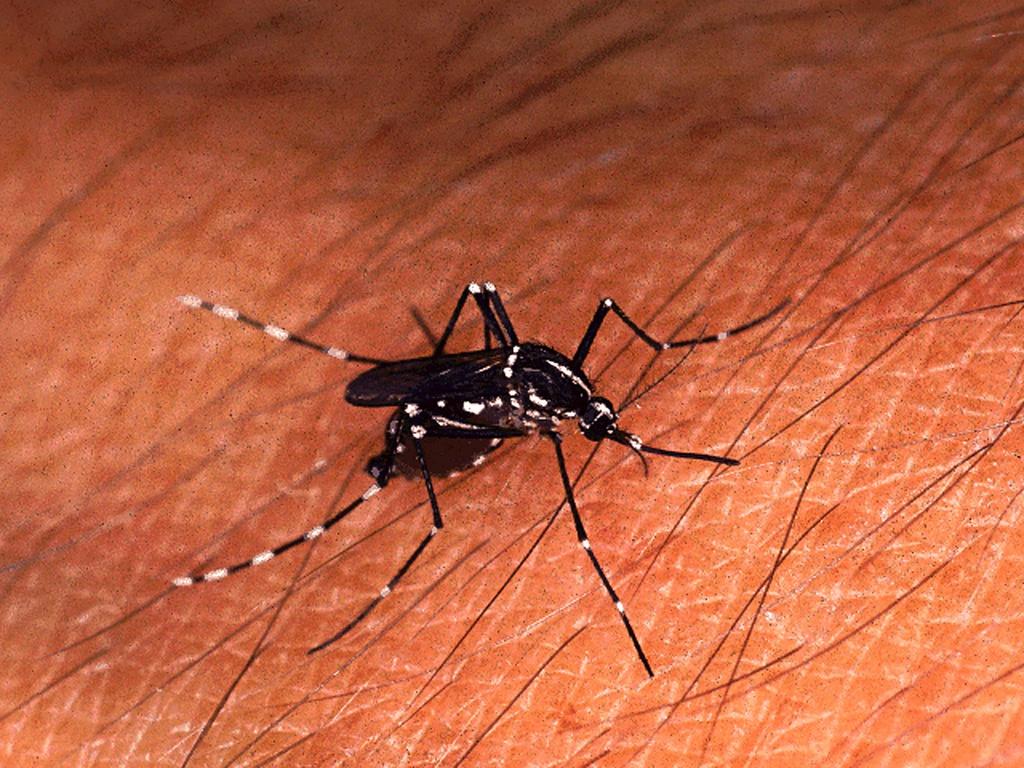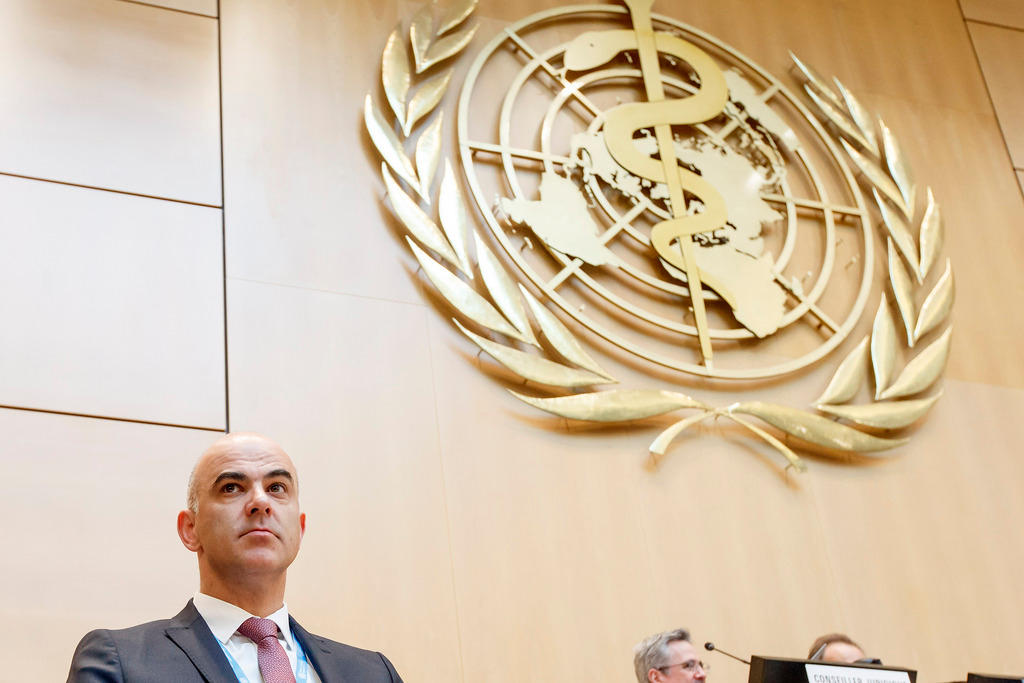WHO rejects call to rethink Rio Olympics

The World Health Organization (WHO) has rejected a call by leading scientists for the Rio Olympic Games to be moved or postponed due to the threat posed the Zika virus in Brazil. A Zurich researcher who co-authored the call has criticised the WHO’s response.
The WHO said having the games in Rio in August as planned would “not significantly alter” the spread of Zika, which is linked to serious birth defects.
“Based on the current assessment of Zika virus circulating in almost 60 countries globally and 39 in the Americas, there is no public health justification for postponing or cancelling the games,” the WHO said in a statement on SaturdayExternal link. “WHO will continue to monitor the situation and update our advice as necessary.”
In an open letter to the WHO,External link posted online on Friday, more than 100 leading scientists had said that new findings about Zika had made it “unethical” for the games to go ahead.
The text pointed to the fact that 500,000 foreign tourists from all countries would come to Rio and potentially return home to places where Zika could become endemic. The biggest risk, it added, came from athletes returning home to poorer countries as yet unaffected by Zika.
The scientists also express concern that the WHO has a conflict of interest because of its partnership with the International Olympics Committee (IOC)External link, which also received a copy of the letter.
Both recipient organisations are Swiss-based.
Criticism
Christopher GaffneyExternal link, a senior research fellow at the University of Zurich’s geography department, told swissinfo.ch that he had co-authored the letter because of “the inevitability of hosting events like the Olympics needs to be questioned”.
“It seems as if the WHO and the IOC are gambling that nothing will happen to make the Zika problem worse, but that there is not enough information to make a good decision regarding that,” he said in email comments.
“I also think that the Olympics have made the urban conditions worse for people living in Rio and that the responses of the international community are only aimed at tourists and athletes, not concerning themselves with people who are most likely to suffer from Zika, Rio’s poorest residents.”
He said that the WHO’s reaction to the letter was “inadequate and defensive”, adding that its call to stay in air conditioned rooms is “not an option for millions of people living in Rio”.
The WHO insists that the best way of reducing the risk of disease is to follow public health adviceExternal link.
Zika infection in pregnant women has been shown to be a cause of the birth defect microcephaly and other serious brain abnormalities in babies. The connection between Zika and microcephaly first came to light in autumn 2015 in Brazil, which has confirmed more than 1,400 cases of the condition.

In compliance with the JTI standards
More: SWI swissinfo.ch certified by the Journalism Trust Initiative





You can find an overview of ongoing debates with our journalists here. Please join us!
If you want to start a conversation about a topic raised in this article or want to report factual errors, email us at english@swissinfo.ch.